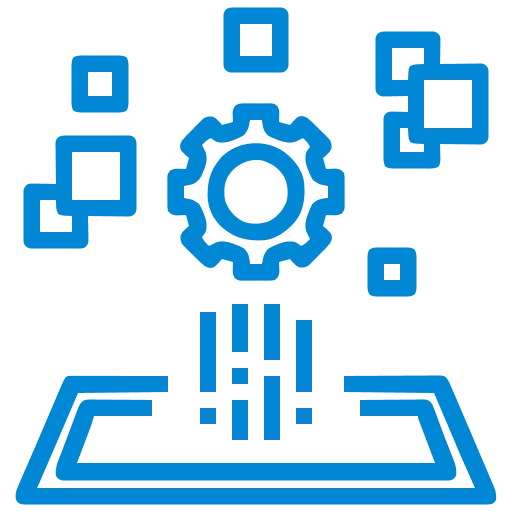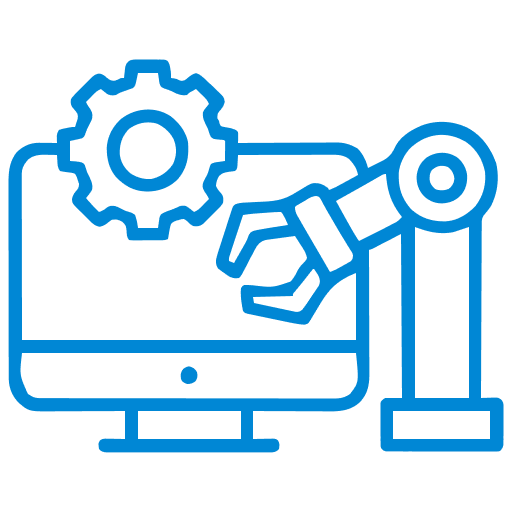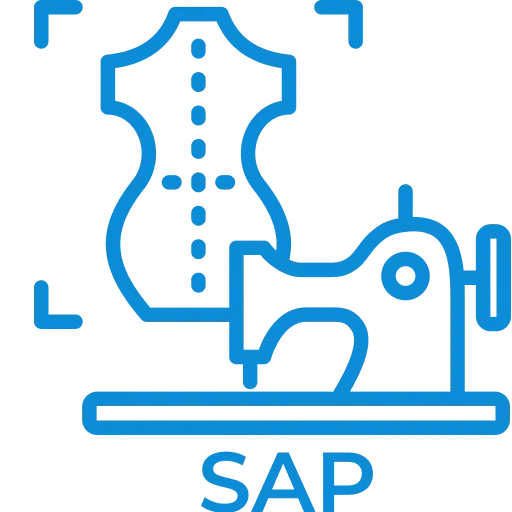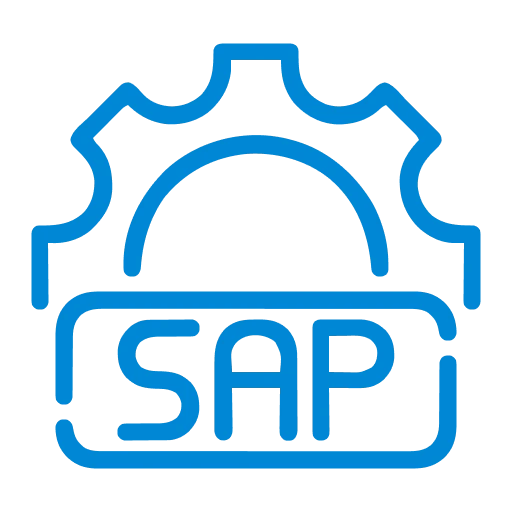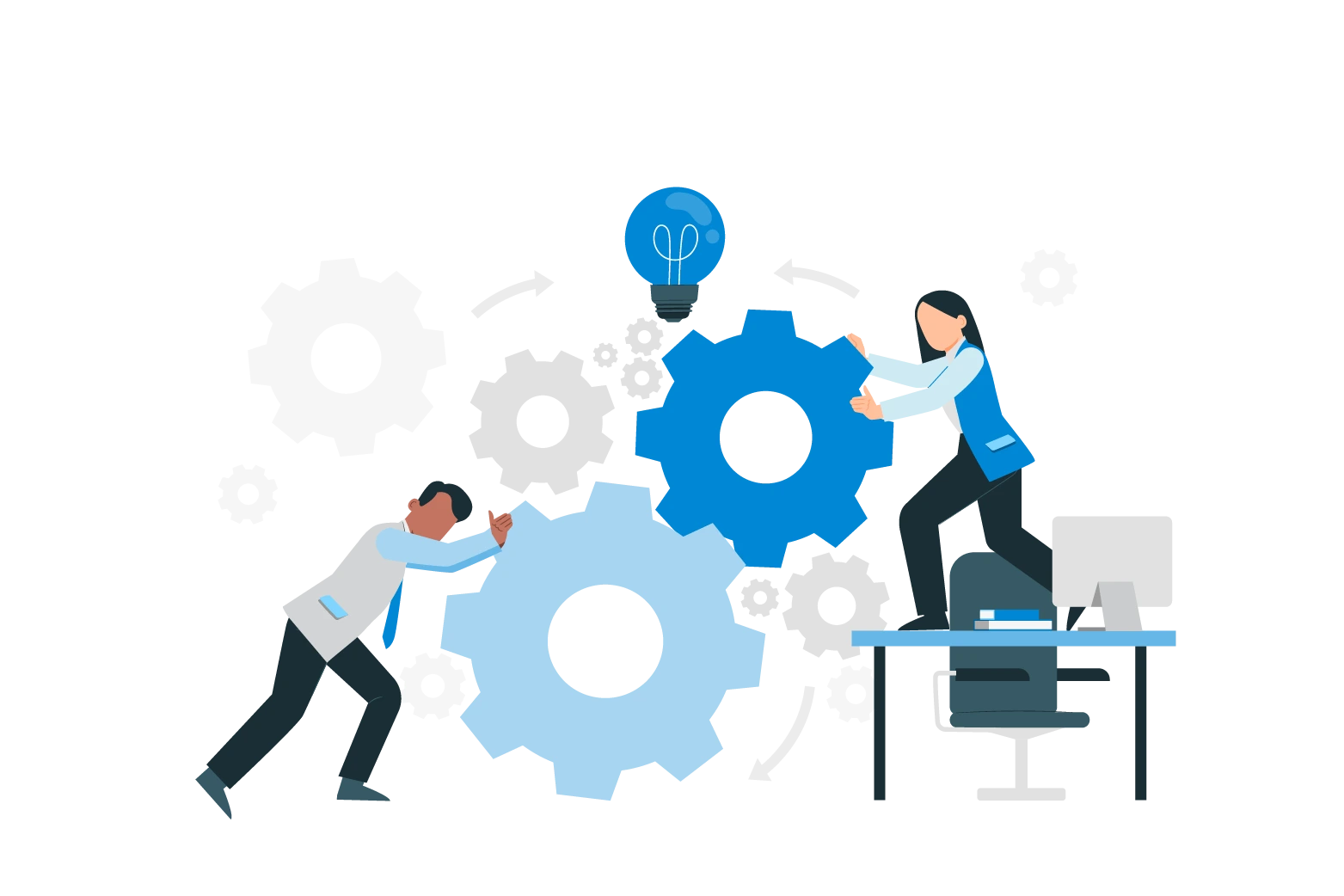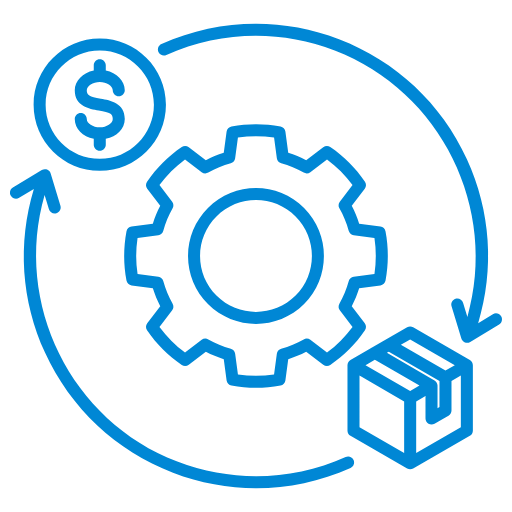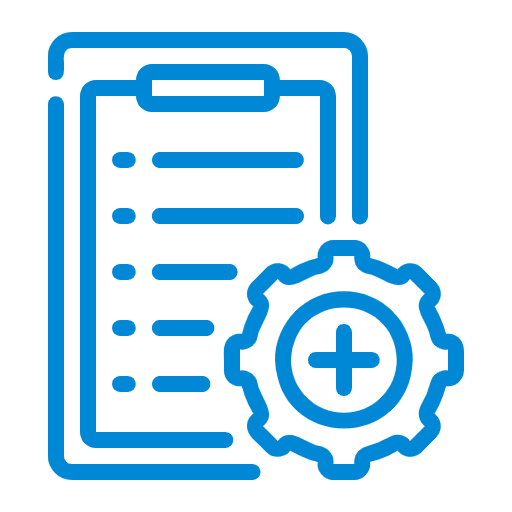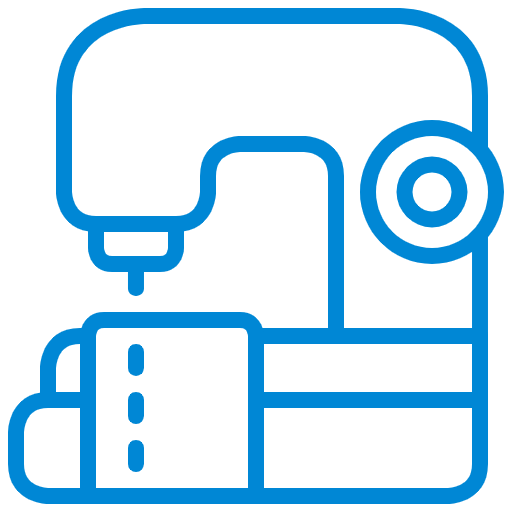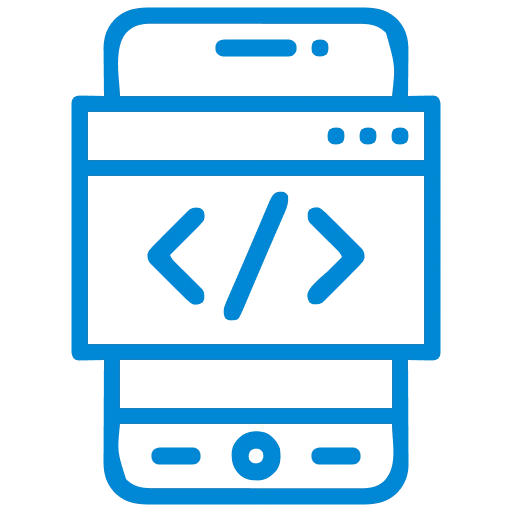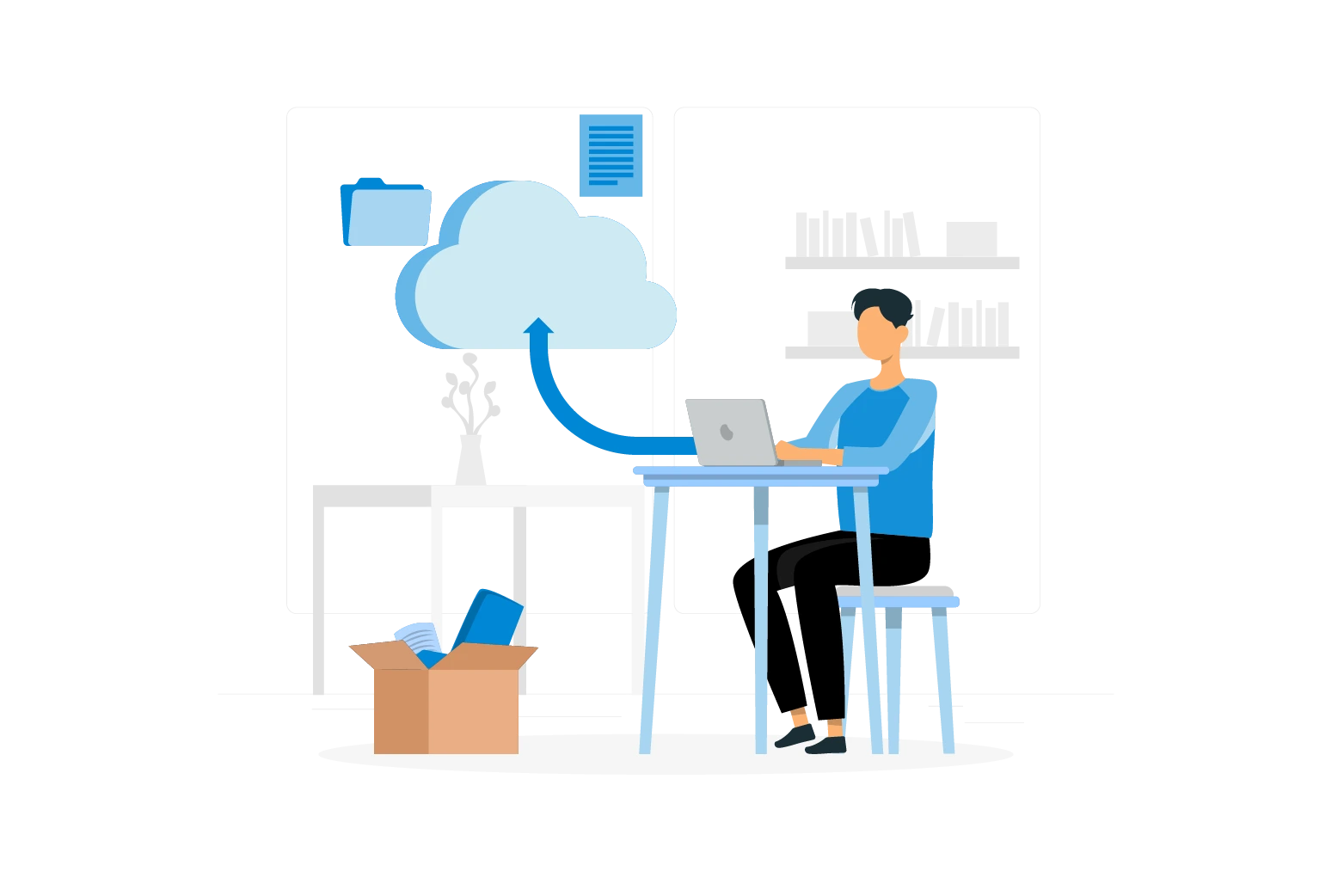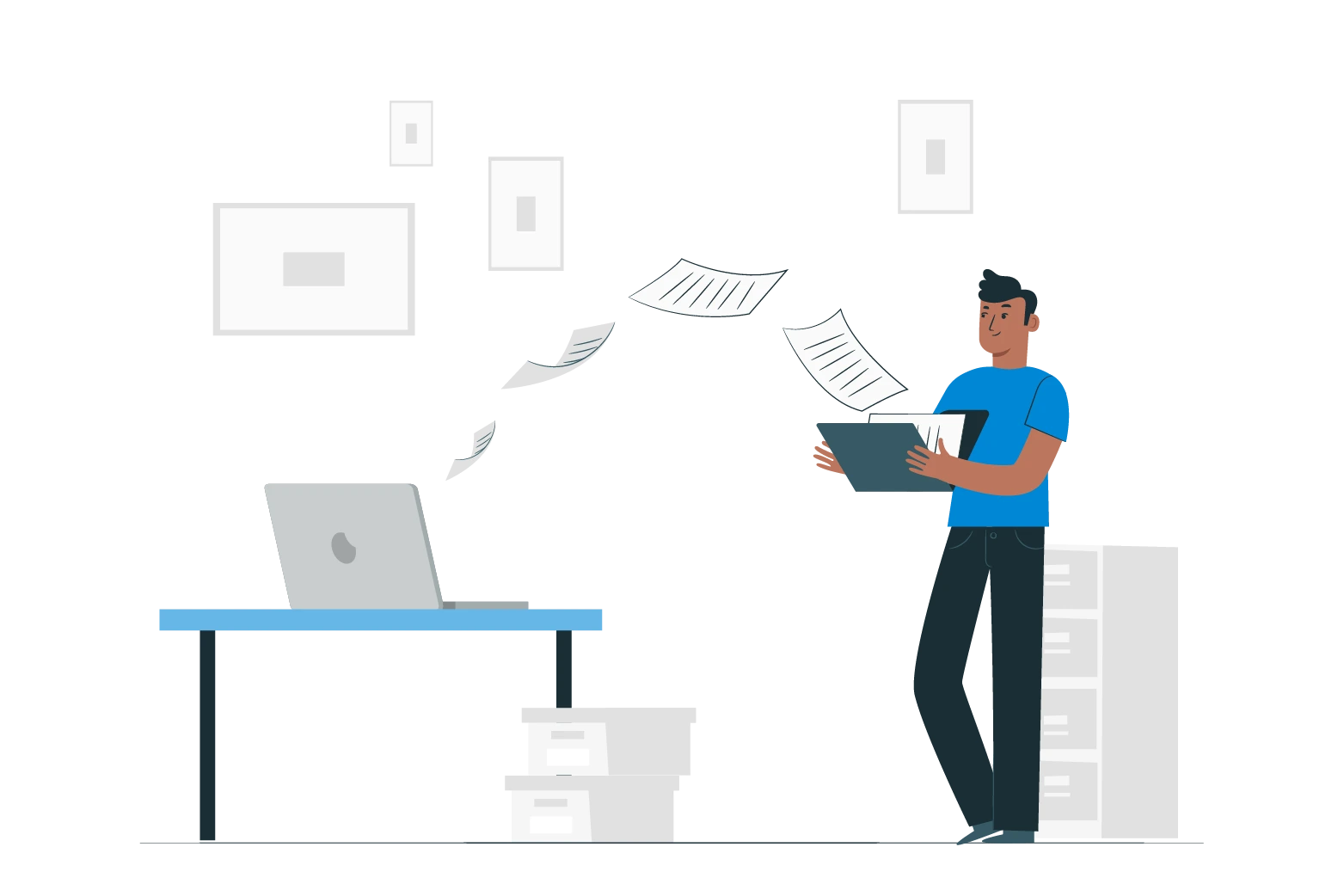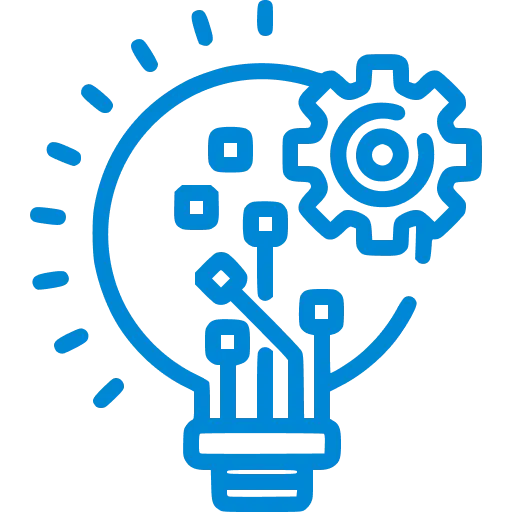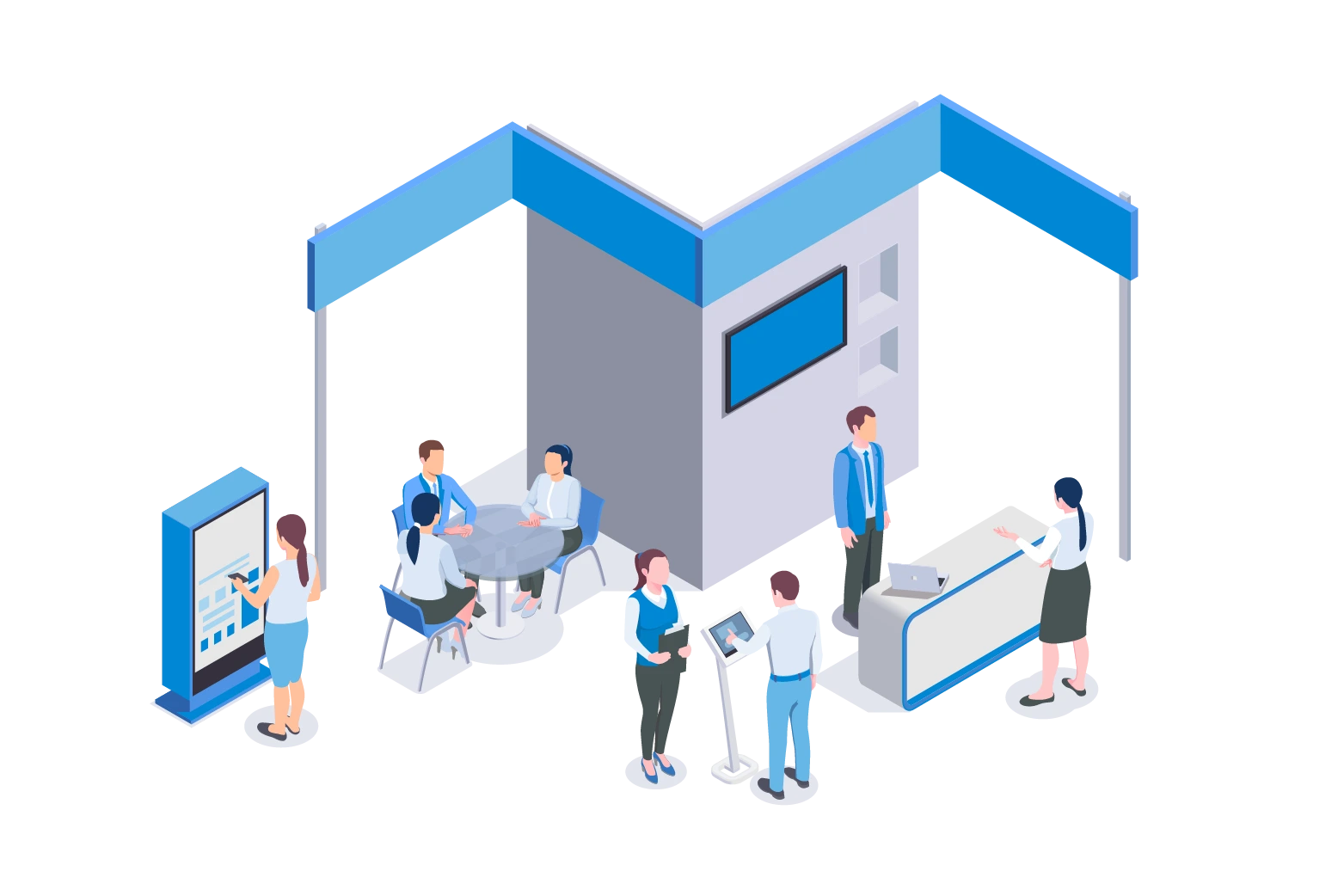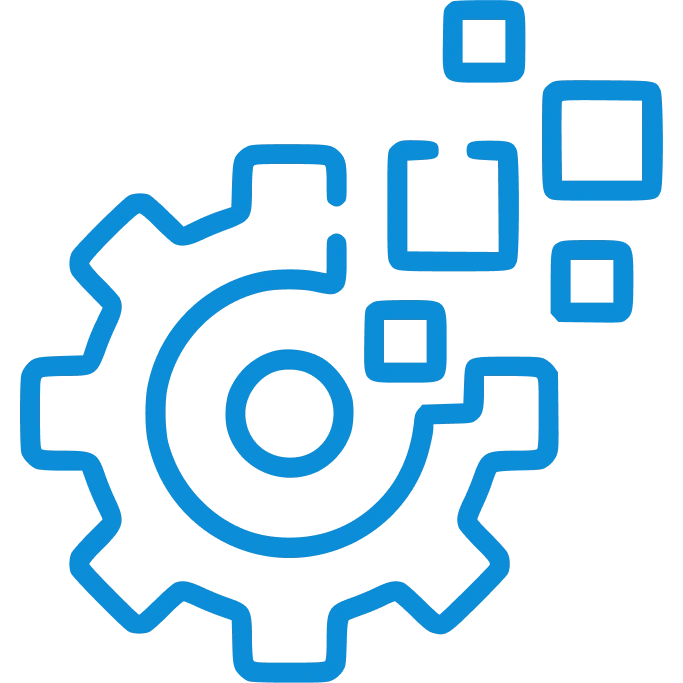Empowering Millennials with a Unified Digital Workplace using Disruptive Technologies
WRITTEN BY
Millennials use technology differently than other generations, and in fact, expect to have the same kind of experience at work as they do in their personal lives. According to the latest studies in understanding millennial adoption of digital technologies, more than 40% of millennials say they will not work for an organization that doesn’t offer them the freedom and flexibility of a digital workspace: a feeling shared by only 22% of workers from other generations. The millennial’s preference for online communication and collaboration, and corresponding reluctance to communicate by phone or face-to-face, is already influencing various collaboration platforms.
Here are five ways that millennials are shaking up the workforce-
- Emotional Intelligence driving the culture of the company
People are becoming more self-aware of their emotions at work. That helps employees relate to their work and their co-workers too.
- Authentic Transparency
Millennials interact with brands that are open and transparent, stand for more than their bottom line, and address environmental and socio-economic issues in the community.
- Remote Work Revolution
According to the Society for Human Resource Management (SHRM), millennials may not even consider a job opportunity if it doesn’t offer remote working. They want flexibility and the option for remote work.
- Strong Professional and Personal Balance
While the new generation receives a lot of flak for not accepting traditional working methods, they’re the only generation speaking up and fighting for balance. This outspokenness is helping to speed up the process forcing companies to re-evaluate their benefit offerings with a strong focus on work-life harmony.
- Savvy High-Tech Influence
As the tech boom spreads globally, companies are shifting away from traditional paper trail methods. They are focusing on enhancing their systems and equipment to increase speed and efficiency. The new generation is more flexible, open to change and willing to get hands-on with new technologies.
Companies can reap many benefits from joining the tech revolution, from saving time and money to creating a better experience for clients and employees while expanding their reach. Empowering employees digitally is not only about increasing productivity, but also encouraging innovation, collaboration and creativity. Incture’s digital worker strategy is about moving away from a PC dominated way of working to adopting newer technologies which are more app dominated, cloud-based and extremely people-centric. Our Unified Digital Workplace Solution is tailor-made for millennials. It simplifies HR workflows with intelligent process automation services, data analytics and conversational AI, for our customers. We can build and extend personalized, collaborative, mobile-enabled applications on SAP SuccessFactors Cloud in 8 weeks!
Request for a demo to learn more about our HR capabilities- Get Started
Raghu Pavan TS
The Director of HR Apps at Incture, Raghu Pavan has 16+ years of experience working with some of the biggest names in the technology sector. He started as an industrial engineer and then moved on to become an SAP consultant for SRIT and then IBM. He then worked in a managerial position at Accenture for 7 years. Raghu Pavan brings with him a high level of expertise in the SAP HR domain.

Driving Innovation with SAP Build: AI-driven Extensions and App Development
Accelerate your digital transformation with the SAP Build AI-driven extension toolkit. As a core component of the SAP Build platform, these features empower developers to bypass traditional backlogs through visual tools and guided workflows. By leveraging SAP embedded AI capabilities, enterprises can rapidly deploy custom solutions while maintaining a clean core on SAP BTP. Choosing an SAP Build AI-driven extension strategy ensures faster time-to-production, allowing the SAP Build platform to bridge the gap between complex business needs and agile SAP Build AI-driven extension delivery.

End-to-End SAP BW to Datasphere Migration: Roadmap, Tools & Partner Strategies
Modern enterprises are evolving past rigid SAP business warehouse setups to embrace cloud agility. While a legacy SAP business warehouse provides structure, the shift from SAP BW to Datasphere is essential for AI readiness and scalability. Incture specializes in SAP BW to Datasphere transitions, offering a proven roadmap for your SAP datasphere implementation. By modernizing your SAP business warehouse, we help you reduce operational costs and build a future-ready Business Data Cloud.








